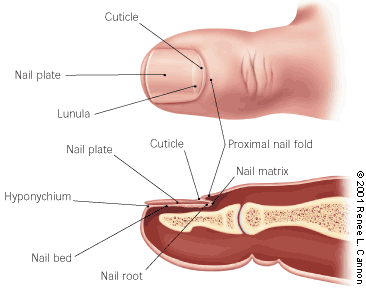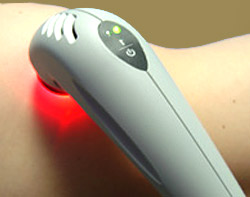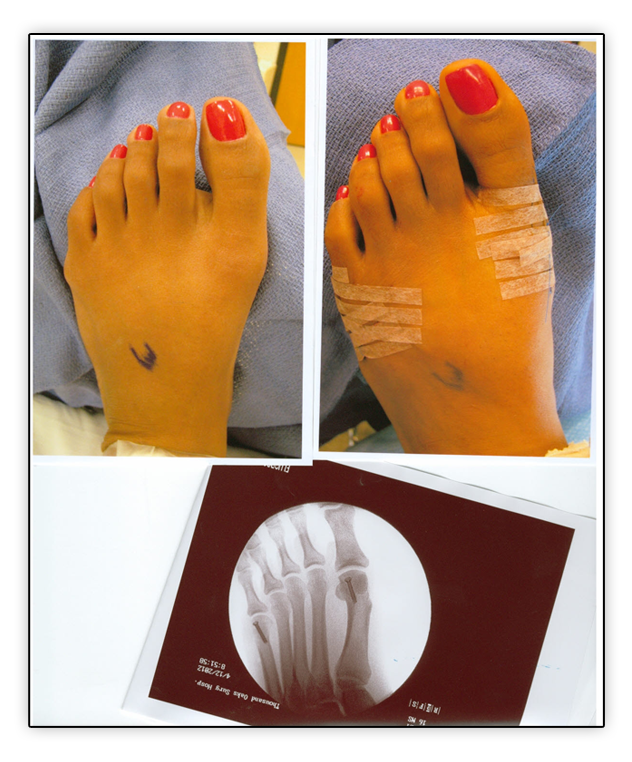An article posted on Healthgrades indicated that several common anti-inflammatory medications are and have been associated with high blood pressure, heart disease and stroke. Vioxx is the poster child for these medications and has already been taken off the market. The more common medications that can cause these complications are ibuprofen (Motrin) and Voltaren also called diclofenac. Naproxen (Aleve) “was found to be relatively safe, compared with other” anti-inflammation medications. Read the following article from Healthgrades.
Several everyday medications for chronic knee pain could increase your risk for high blood pressure. This is a serious condition that affects 1 out of every 3 Americans and can lead to heart disease, stroke, and other problems.
———————————————————————————————————————————————————————————————————————
Many people take nonsteroidal anti-inflammatory drugs (NSAIDs) to manage the pain of osteoarthritis. They’re popular medications: About 23 million people in the U.S. use over-the-counter NSAIDs, such as ibuprofen (Advil) or naproxen (Aleve), every day. Roughly 98 million NSAID prescriptions were filled in 2012. But while NSAIDs may help your arthritis pain, they could also harm your heart.
Easing Pain—At a Price?
NSAIDs can cause a slight rise in blood pressure and may reduce the effect of certain blood pressure medications. Using an NSAID now and then won’t necessarily lead to heart problems, but elevated blood pressure is a risk factor for heart attack and stroke.
Studies have looked at regular use of certain NSAIDs and the possible related risks of dying prematurely from a heart attack or stroke. Here’s what researchers found:
- One study found that recurrent use of ibuprofen and diclofenac was associated with a risk increase of 30% or more for complications such as heart attack or stroke.
- Another study looked at healthy people—those who did not have a history of heart problems—and linked ibuprofen to a 29% greater risk for stroke. This same study showed that recurrent use of diclofenac was associated with a 91% increased risk of dying from heart problems. Rofecoxib (Vioxx) had a 66% increased risk. The U.S. Food and Drug Administration pulled Vioxx from the market in 2004 due to related heart risks.
- For people who took high doses of diclofenac or rofecoxib, there was a two and three times greater risk of having a heart attack, respectively.
- Naproxen was found to be relatively safe, compared with other NSAIDs.
Talk with your health care provider if you rely regularly on NSAIDs for treating knee pain and have concerns about possible heart-related risks. There may be other options that can reduce pain without increasing your risk for heart complications.
Exercise: A Twofold Solution
When your knees throb with pain, the last thing you want to do is get up and move around. You may even think that exercise would make your knees feel worse. But experts say that physical activity is actually a natural pain reliever. It also can improve your blood pressure. In fact, being sedentary for too long increases your risk for high blood pressure and other chronic conditions. These include obesity, type 2 diabetes, and heart disease.
Getting regular, light exercise, such as walking, can help ease pain. Daily movement can lead to less joint pain and stiffness and better flexibility and mobility. This, in turn, can lift your mood and boost your energy. Plus, blood flow to your heart improves. This is beneficial for your blood pressure. Think of exercise as a win-win for your knees, heart, and overall health and happiness.
Key Takeaways
- NSAIDs taken for chronic knee pain could increase your risk for high blood pressure. This is a serious condition that can lead to problems, such as heart disease and stroke.
- Regular, light exercise can help ease knee pain and improve blood flow to your heart. This is beneficial for blood pressure.
- Talk with your health care provider if you rely regularly on NSAIDs and have concerns about heart-related risks. You may have other options for pain relief.




